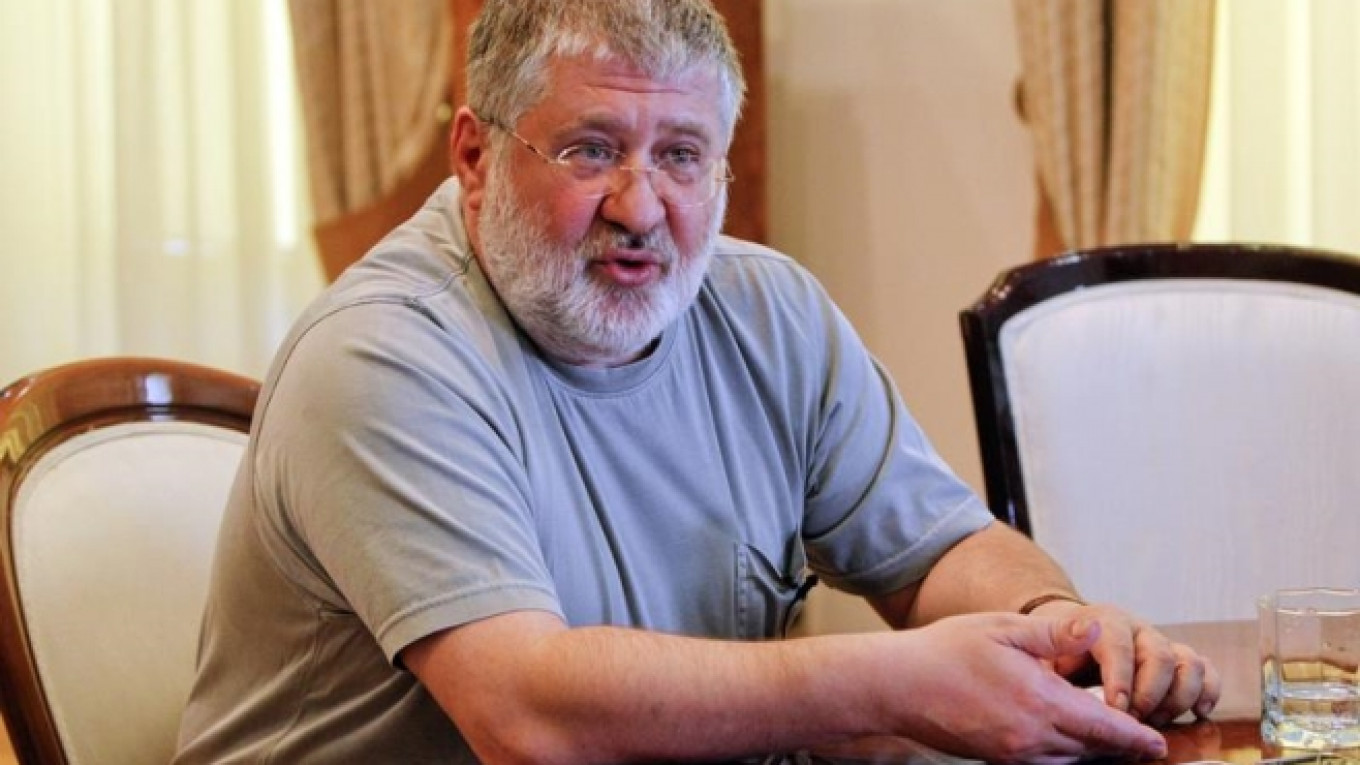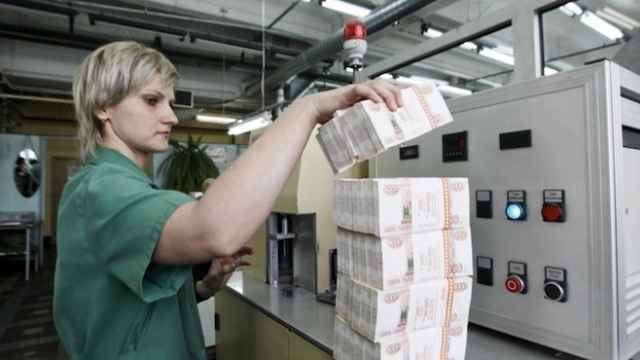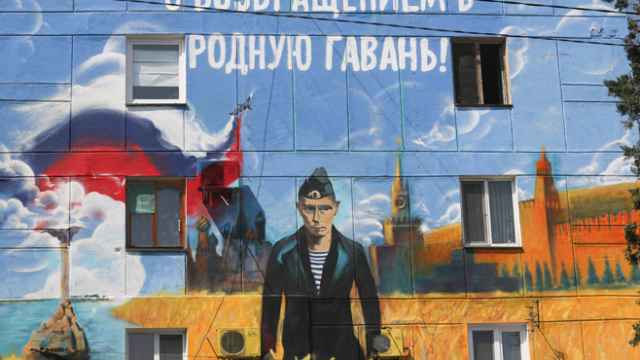A Ukrainian businessman has filed a complaint against Russia in The Hague, saying he was unfairly deprived of his right to operate a passenger airport in Crimea after Russia annexed the peninsula in March 2014.
The Permanent Court of Arbitration said on Wednesday that it had agreed to consider the case, which was brought a year ago by Igor Kolomoisky, one of Ukraine's richest men, and Aeroport Belbek LLC, against Russia.
Kolomoisky's company held a contract to operate a passenger terminal at Crimea's Sevastopol International Airport until 2020. He wants Russia to compensate him for income lost after he was deprived of use of the facility.
Kolomoisky has estimated his losses linked to the airport, near Belbek in Crimea, at $15 million, according to Ukrainian media reports. The claimants say Russia breached a bilateral investment treaty with Ukraine.
Co-founder of the banking chain Privatbank, Kolomoisky has interests in energy, media, aviation and metals. While governor of the industrial Dnipropetrovsk region, he took firm action against pro-Russian separatism, arming and financing local militia groups and volunteer battalions.
Moscow says the court has no jurisdiction over the matter and that it will not participate in proceedings, according to a statement by the court. The court will now decide if it does have jurisdiction to hear the merits of the case.
The court of arbitration, most of whose proceedings are held in closed session, first made the case public on Wednesday. In 2014, it made a $50 billion award against the Kremlin to compensate former shareholders in defunct oil company Yukos.
It is currently hearing proceedings brought against China by several of its South East Asian neighbors over the geopolitically sensitive South China Sea dispute.
A Message from The Moscow Times:
Dear readers,
We are facing unprecedented challenges. Russia's Prosecutor General's Office has designated The Moscow Times as an "undesirable" organization, criminalizing our work and putting our staff at risk of prosecution. This follows our earlier unjust labeling as a "foreign agent."
These actions are direct attempts to silence independent journalism in Russia. The authorities claim our work "discredits the decisions of the Russian leadership." We see things differently: we strive to provide accurate, unbiased reporting on Russia.
We, the journalists of The Moscow Times, refuse to be silenced. But to continue our work, we need your help.
Your support, no matter how small, makes a world of difference. If you can, please support us monthly starting from just $2. It's quick to set up, and every contribution makes a significant impact.
By supporting The Moscow Times, you're defending open, independent journalism in the face of repression. Thank you for standing with us.
Remind me later.






